
PDA Pharmaceutical Microbiology Conference 2024 Onsite
Stay informed with the latest updates, announcements, and important details about the conference. Here you’ll find everything you need to make the most of your experience, from session schedules to speaker information and event highlights.
Visit the PDA Booth
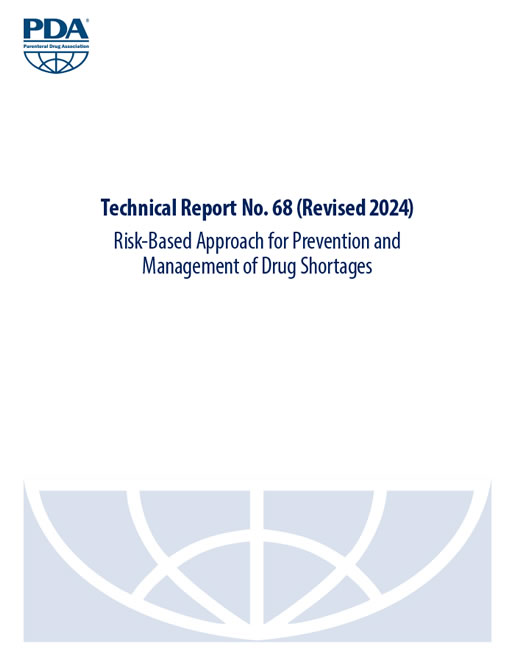 Learn how to download your free copy of Technical Report No. 68 on drug shortages
Learn how to download your free copy of Technical Report No. 68 on drug shortages
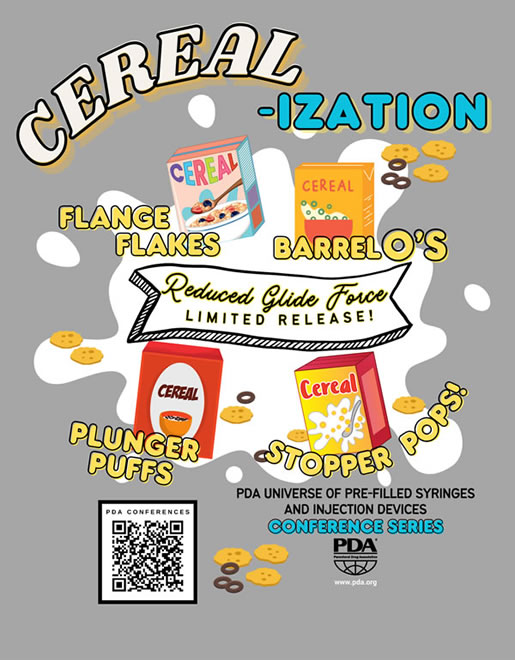 Purchase the limited-edition Serialization T-shirt
Purchase the limited-edition Serialization T-shirt
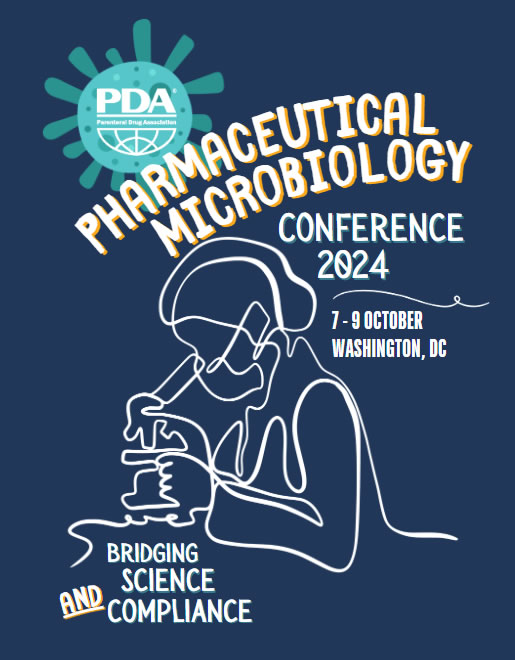 Visit us for your free limited-edition conference shirt! While supplies last.
Visit us for your free limited-edition conference shirt! While supplies last.
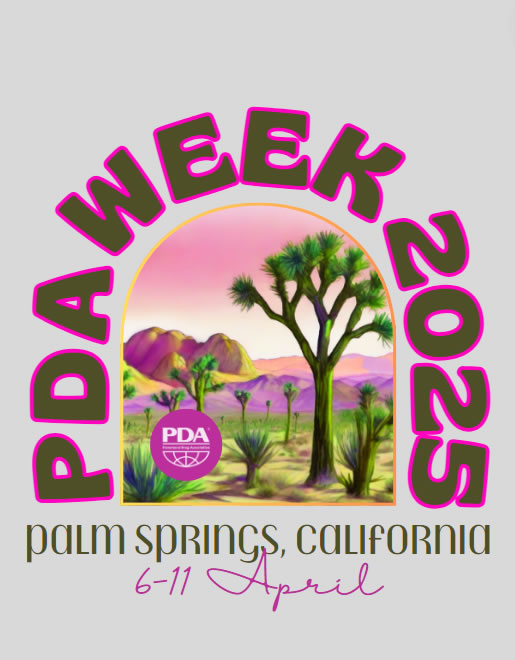 Stop by to learn about PDA Week 2025 and receive a complimentary limited-edition shirt! Limited supplies.
Stop by to learn about PDA Week 2025 and receive a complimentary limited-edition shirt! Limited supplies.
 Warm up this winter with your very own PDA member fleece! Make your purchase today!
Warm up this winter with your very own PDA member fleece! Make your purchase today!
Topic-Related PDA Technical Reports
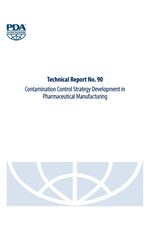
Technical Report No. 90: Contamination Control Strategy Development
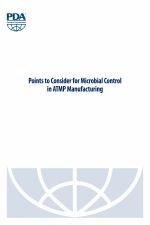
Points to Consider for Microbial Control in ATMP Manufacturing
This Points-to-Consider document provides a summary of microbiological challenges for ATMPs and guidance on how to address these challenges based on the current state of technology, regulatory environment, and industry best practices. It addresses ATMP process technologies from cell-free production of mRNA therapeutics to viral vector-induced in-vivo gene therapies to ex-vivo engineering of human cells for autologous or allogeneic cell therapies. The control aspects covered include facility design, equipment and instrumentation design and maintenance, analyst and operator gowning and qualification, and microbiological process monitoring.
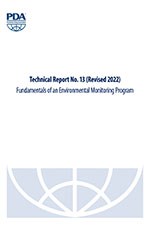
Technical Report No. 13 (Revised 2022): Fundamentals of an Environmental Monitoring Program
This revision of TR 13 aligns with current industry trends and regulatory expectations and provides additional guidance and focus on increased expectations concerning data management and data integrity, qualification and maintenance of controlled environments, and rapid microbiological methods (RMM). It will aid in the establishment of a robust environmental monitoring program that embraces innovation and the principles of quality risk management. Updates regarding microbiological and total airborne particulate control concepts and principles related to facilities involved in the manufacture of sterile pharmaceutical products are also included.
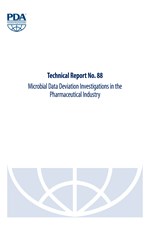
Technical Report No. 88: Microbial Data Deviation Investigations in the Pharmaceutical Industry
This technical report presents a holistic approach for performing a microbiological investigation. It provides a framework to assist with focusing on the investigational areas that may contain or contribute to the root cause of data deviations. Distinct areas where microbial data is collected and inspected for deviation investigations are the focus of this document; the roles of other contributors to deviation investigations required for effective root cause analysis are also briefly described. This TR promotes a lifecycle approach, with an emphasis on laboratory and manufacturing investigations of marketed drug products.
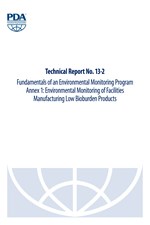
Technical Report No. 13-2: Fundamentals of an Environmental Monitoring Program Annex 1: Environmental Monitoring of Facilities Manufacturing Low Bioburden Products
This technical report is a complementary addendum to PDA Technical Report No. 13 (TR 13, Revised 2014) that provides elements to consider when designing a risk-based environmental monitoring program to support the manufacture of low bioburden products using low bioburden processes. A review of regulatory requirements and the development of risk assessments based on the criticality and complexity of processes is included, along with industry examples of these risk-based approaches.
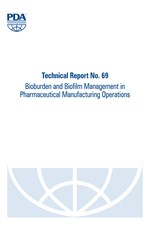
Technical Report No. 69: Bioburden and Biofilm Management in Pharmaceutical Manufacturing Operations
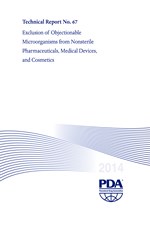
Technical Report No. 67: Exclusion of Objectionable Microorganisms from Nonsterile Pharmaceuticals, Medical Devices, and Cosmetics
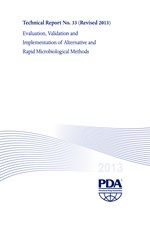
Technical Report No. 33 (Revised 2013): Evaluation, Validation and Implementation of Alternative and Rapid Microbiological Methods
This technical report was written to establish industry-wide criteria on what constitutes an acceptable alternative or rapid microbiology test to the compendial or classical method and how to prove it to the satisfaction of quality organizations and regulatory agencies.
Please sign in or become a member to purchase items from the PDA bookstore.
Social Media Feed
We Value Your Feedback!
Help Us Improve the PDA Microbiology Conference 2024
Your insights are essential for enhancing our future events. Please take a moment to share your thoughts by completing the survey below. Your feedback will directly influence our planning and improvements.
Take the SurveyThank you for your valuable input!
